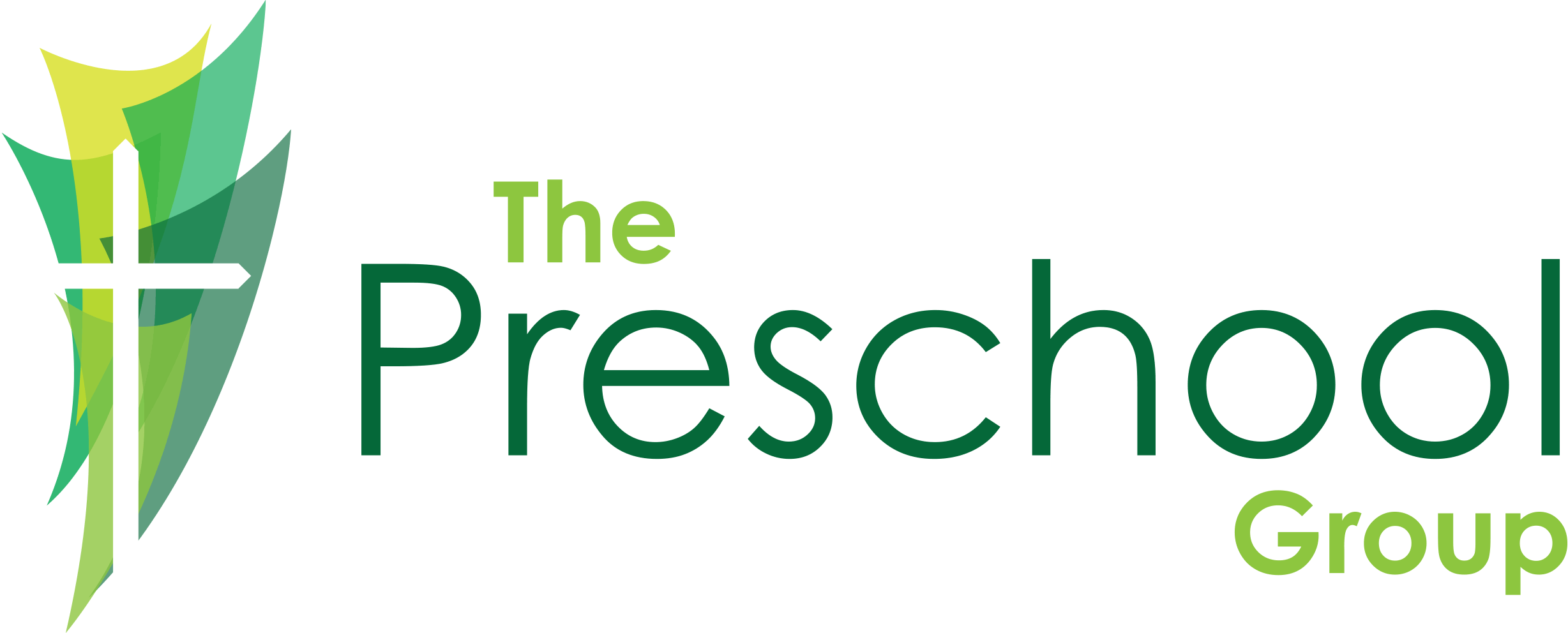“Jesus grew in wisdom and stature, and in favor with God and men.”
Luke 2:52 reminds us of how Preschoolers grow.

Our Philosophy
“Luke 2:52 reminds us of how Preschoolers grow. “Jesus grew in wisdom and stature, and in favor with God and men.”
Preschoolers today grow as Jesus did. They grow in wisdom (mentally), in stature (physically), in favor with God (spiritually), and man (socially and emotionally).
We minister to the whole child through Bible-learning activities that are designed to meet the spiritual needs of a Preschooler – and help assure his physical, mental, emotional and social growth as well.
God will use each learning experience later in life to help them come to truly know Him and His Son.
A Preschooler should leave your program understanding that God made him/her, loves him/her and has a unique plan for his/her life.
Our Methodology
From an academic perspective on the philosophies and methodologies of early childhood education and human development, we believe that Developmentally Appropriate Practice (DAP) is the theory that most closely describes God’s design.
The basic tenants of DAP are as follows:
-
The domains of development are: physical, social, emotional and cognitive. They are closely related and dependent on each other. Thus, we teach to the “whole child” and include all of the domains – to which we add one other – spiritual.
-
Development occurs in a relatively predictable and orderly sequence in the first nine years of life.
-
Development proceeds at varying rates from child to child as well as unevenly within different areas of each child’s functioning.
-
Early experiences have both cumulative and delayed effects on individual children’s development: optimal periods exist for certain types of development and learning.
-
Development proceeds in predictable directions toward greater complexity, organization and internalization.
-
Development and learning occur in and are influenced by multiple social and cultural contexts.
-
Children are active learners, drawing on direct physical and social experience as well as culturally transmitted knowledge to construct their own understandings of the world around them.
-
Human beings are products of both heredity (biological maturation) and the environment and these forces are interrelated.
-
Play is an important vehicle for children’s social, emotional and cognitive development, as well as a reflection of their development. Play gives children opportunities to understand the world, interact with others in social ways, express and control emotions and develop their symbolic capabilities. Children’s play also gives adults insights into children’s development and opportunities to support the development of new strategies.
-
Development advances when children have opportunities to practice newly acquired skills as well as when they experience a challenge just beyond the level of their present mastery.
-
Children demonstrate different modes of knowing and learning and different ways of representing what they know. Humans possess at least seven intelligences: Verbal/Linguistic, Logical/Mathematical, Visual/Spatial, Bodily/Kinesthetic, Musical/Rhythmic, Naturalist/Scientific, Interpersonal and Intrapersonal.
-
Children develop and learn best in the context of a community where they are safe and valued, their physical needs are met and they feel psychologically secure.
Stop by any time to learn more about our program.
Biting Policy
Every effort is made to prevent biting in the classroom. However, as Early Childhood Educators, we understand that biting is a normal part of some children’s development.
In order to meet the needs of all children in the classroom, we adhere to the following biting policy.
BITING LEVEL ONE
When a child bites another child for the first time, attention will immediately be given to the injured child.
This not only addresses the needs of the bitten child, but also signals to the biting child that biting is an ineffective way to gain attention.
Once the bitten child is settled, the teacher will then explain to the biting child that biting is hurtful and is not permitted and will redirect the child to another activity.
BITING LEVEL TWO
In the instance a child bites two times in one day, the same protocol is followed, except the biting child is removed from the classroom.
The parent is contacted and, if staff are available, the parent can choose at the family’s expense to provide for a one-on-one caregiver for the remainder of the day.
Alternatively, the parent may choose to pick up the child from school for the day. The biting child may return as normal the next day.
BITING LEVEL THREE
If a child bites a third time in a month’s period, the child may not be able to return to school until an individual guidance plan is agreed upon and implemented.
This plan must include, at the family’s expense, a one-on-one caregiver that is responsible to observe the biting child at all times while in the classroom with other children.
Alternatively, the family may choose to disenroll the child until the biting phase has passed.
